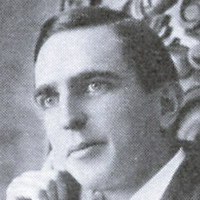Joseph Francis Lamb (December 6, 1887 – September 3, 1960) was an American composer of ragtime music. Lamb, of Irish descent, was the only non-African American of the "Big Three" composers of classical ragtime, the other two being Scott Joplin and James Scott. The ragtime of Joseph Lamb ranges from standard popular fare to complex and highly engaging. His use of long phrases was influenced by classical works he had learned from his sister and others while growing up, but his sense of structure was potentially derived from his study of Joplin's piano rags. By the time he added some polish to his later works in the 1950s, Lamb had mastered the classic rag genre in a way that almost no other composer was able to approach at that time, and continued to play it passably as well, as evidenced by at least two separate recordings done in his home, as well as a few recorded interviews.
0

James Scott
American ragtime composer
1
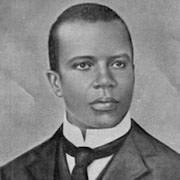
Scott Joplin
American composer, musician, and pianist
2

Artie Matthews
American songwriter, pianist and ragtime composer
3

Charles L. Johnson
American composer
4

Arthur Marshall
American composer and pianist
5

Percy Wenrich
American composer
6

David Thomas Roberts
American composer
7

Louis Chauvin
U.S. ragtime pianist
8

Joshua Rifkin
American conductor, keyboard player, and musicologist
9

Scott Hayden
American composer of ragtime music
10

Dick Zimmerman
American magician
11

William Albright
Composer, pianist, organist
12
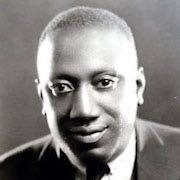
James P. Johnson
American pianist and composer
13

Wilbur Sweatman
American musician
14

Ben Harney
American musician
15
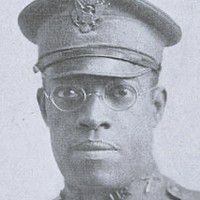
James Reese Europe
American jazz musician and United States Army officer
16
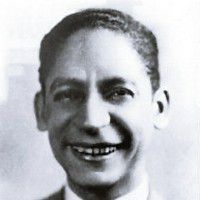
Jelly Roll Morton
American ragtime and jazz pianist, bandleader and composer
17

John Arpin
Canadian ragtime pianist
18
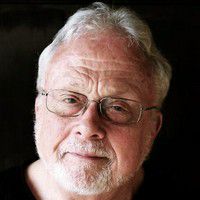
William Bolcom
American composer
19
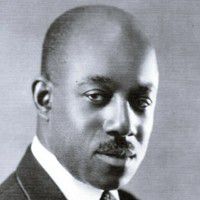
Eubie Blake
Composer, lyricist, and pianist (1887-1983)
20

Knocky Parker
American musician
21

Original Dixieland Jass Band
American jazz band
22

Tom Turpin
American ragtime composer and saloon-keeper
